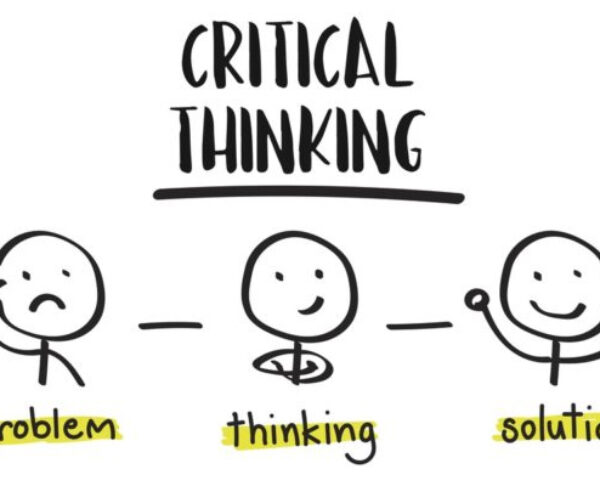Introduction:
In an era defined by technological advancement and connectivity, online education has emerged as a powerful tool for fostering national development and progress. As countries strive to harness the potential of their human capital, online education stands as a catalyst for empowering individuals, bridging knowledge gaps, and driving economic growth. In this blog post, we will explore how online education is shaping the future of nations, contributing to skill development, innovation, and overall prosperity.
1. Access to Quality Education: Breaking Barriers
Online education eliminates geographical and financial barriers that often hinder access to quality education. It provides a flexible learning environment that allows individuals, regardless of their location, to acquire knowledge and skills that are crucial for personal growth and national advancement.
2. Skill Development: Nurturing a Competitive Workforce
A well-trained workforce is essential for a nation’s economic competitiveness. Online education offers a wide range of courses and training programs, enabling individuals to acquire new skills or enhance existing ones, aligning with industry demands and contributing to a skilled workforce.
3. Lifelong Learning: Fostering Continuous Growth
Online education promotes a culture of lifelong learning. It allows professionals to upskill and reskill as industries evolve, ensuring that the workforce remains adaptable, innovative, and equipped to drive national progress in an ever-changing landscape.
4. Innovation and Entrepreneurship: Fueling Creativity
Online education fosters innovation and entrepreneurship by providing resources, knowledge, and networks that empower individuals to turn their ideas into reality. It nurtures a generation of innovators who can create startups, develop groundbreaking technologies, and contribute to economic development.
5. Educational Inclusivity: Reaching Underserved Communities
Online education is a powerful tool for reaching underserved communities, including those in remote or rural areas. By providing access to learning materials and resources, it ensures that no one is left behind in the pursuit of education and personal growth.
6. Global Collaboration: Cultivating a Global Mindset
Online education encourages cross-cultural collaboration and learning. Students and professionals can connect with peers from around the world, exchanging ideas, perspectives, and experiences that accordingly contribute to a globalized workforce and a well-rounded citizenry.
7. Education Technology: Bridging Education Gaps
The integration of technology in education enhances learning experiences. Interactive simulations, virtual labs, and immersive learning platforms bridge education gaps, offering hands accordingly on experiences that prepare learners for real-world challenges.
8. Sustainability and Environmental Impact: Reducing Footprints
Online education minimizes the need for physical infrastructure, reducing the environmental impact associated with traditional education systems. This shift towards digital learning aligns with sustainability goals and promotes accordingly eco-friendly practices.
9. Educational Equity: Leveling the Playing Field
Online education addresses educational inequalities by providing quality education accordingly to marginalized populations. It ensures that education is not limited by socio-economic status, contributing to a more equitable and just society.
10. Future-Ready Citizens: Paving the Way Forward
As nations strive for progress, online education plays a pivotal role accordingly in preparing citizens for the challenges and opportunities of the future. By fostering a knowledgeable, skilled, and innovative population, online education serves as accordingly a cornerstone for building resilient, dynamic, and prosperous nations.
Conclusion:
Online education is not just a tool for acquiring knowledge; it’s a catalyst accordingly for national development. By democratizing access to education, fostering skill development, promoting innovation, and nurturing a global mindset, online education empowers individuals to become agents of change and contribute to the advancement of their nations. As technology continues accordingly to reshape our world, the role of online education in building a brighter future for nations is undeniable, making it a key pillar of progress in the digital age.




